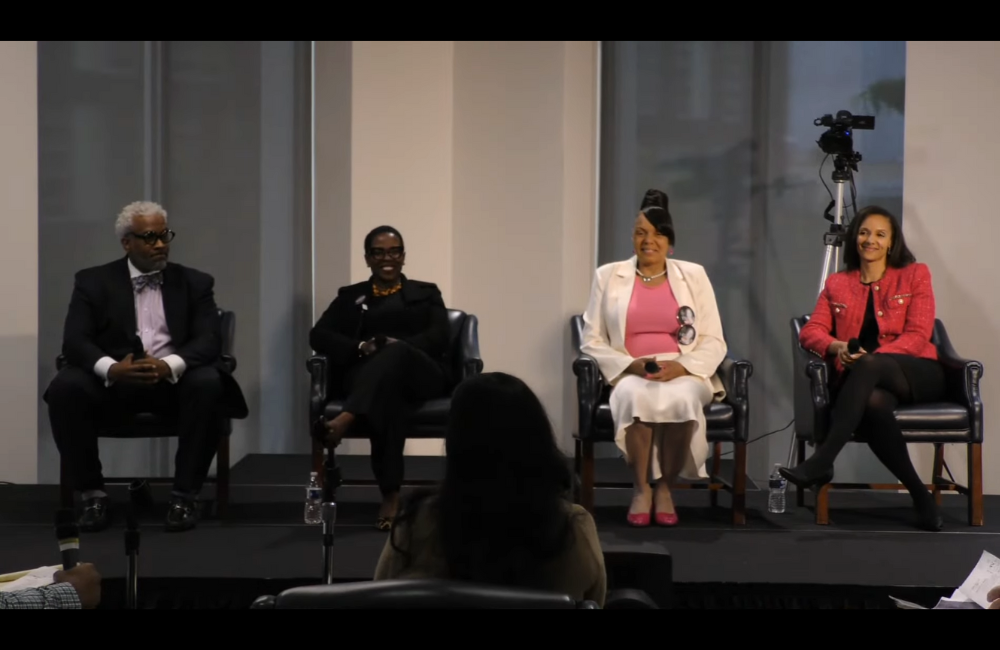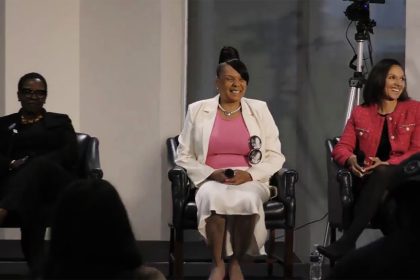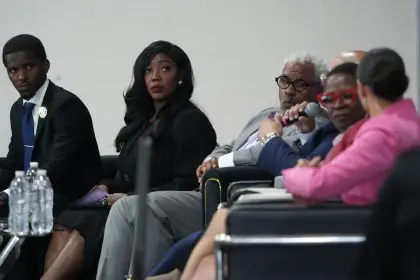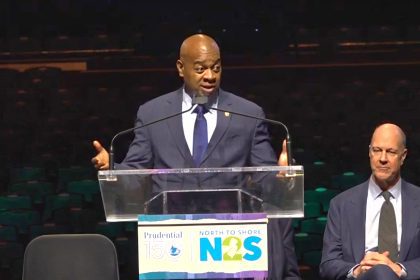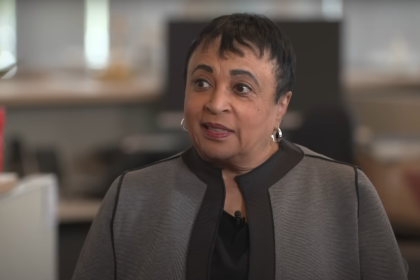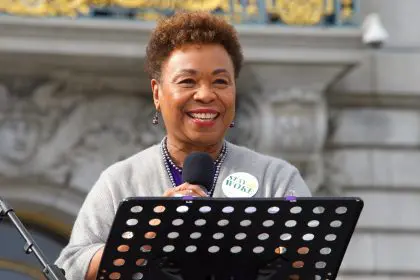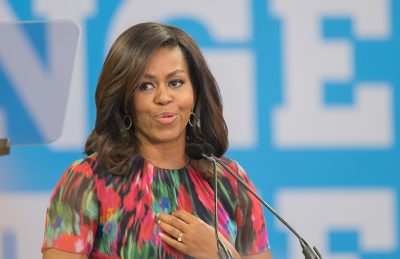Beyond campaign rallies and policy speeches, Detroit’s 2025 mayoral contest has evolved into a revealing portrait of political influence — a race not just among candidates, but among unions, donors, and power brokers vying to shape the city’s next chapter.
Nine candidates have officially filed to replace outgoing Mayor Mike Duggan, who is not seeking re-election. While each contender offers a distinct vision for Detroit’s future, the campaign’s true engine is fueled by donation checks, strategic endorsements, and institutional alliances.
The financial frontrunners
The mayoral race features a diverse mix of Detroit leaders and newcomers representing various sectors of the city’s political landscape. The official field includes Detroit City Council President Mary Sheffield; former Detroit Police Chief James Craig; Pastor Solomon Kinloch Jr.; State Representative Fred Durhal III; educator and community activist Jonathan Barlow; entrepreneur and grassroots organizer Joel Haashiim; former City Councilmember and nonprofit CEO Saunteel Jenkins; prominent defense attorney Todd Perkins; and neighborhood leader and public safety advocate DaNetta Simpson.
Among this group, Sheffield, Craig, and Kinloch have emerged as early frontrunners due to their name recognition, funding strength, and organizational reach. Each represents distinct constituencies within Detroit’s complex political ecosystem — from labor unions to law enforcement to faith communities.
Meanwhile, Fred Durhal III leverages his experience as a legislator and former councilmember, appealing to voters who favor seasoned governance and economic revitalization. Jonathan Barlow draws on his background in education and community activism to focus on grassroots engagement and policies addressing systemic inequalities. Joel Haashiim emphasizes local economic empowerment and social justice, mobilizing younger voters and marginalized communities.
Saunteel Jenkins, with experience in city government and nonprofit leadership, advocates for community-driven development and public safety reforms. Todd Perkins centers his campaign on criminal justice reform and restoring trust between residents and law enforcement. DaNetta Simpson seeks to amplify grassroots voices, focusing on neighborhood-level concerns and public safety.
While these six candidates have yet to match the fundraising and endorsements of the frontrunners, their campaigns contribute to a vibrant, multifaceted political landscape in Detroit.
Following the financial trail
Campaign finance records reveal distinct funding bases reflecting each candidate’s support networks. Sheffield leads early fundraising, reportedly raising over $850,000 by summer’s end. Her financial backing comes from the Service Employees International Union (SEIU), teachers’ unions, and Detroit’s progressive donor class. Contributions from Black-owned business coalitions also highlight her broad appeal.
Craig’s campaign is financed largely by law enforcement political action committees and conservative-leaning business donors from local and regional sources. Despite Detroit’s Democratic lean, his law-and-order message and former police chief credentials have attracted Super PAC funding and support from those seeking a tougher approach to crime.
Kinloch, while trailing in fundraising, benefits from a key endorsement by UAW Region 1A, granting him access to thousands of autoworkers and their families. His strong connections within Detroit’s faith-based communities position him as a coalition-builder bridging labor and spiritual constituencies.
Fundraising details for the other candidates remain less prominent, with their campaigns emphasizing grassroots support and localized fundraising efforts.
Strategic endorsements shape the race
Endorsements have become critical strategic assets. SEIU and teachers’ unions back Sheffield, providing funding and experienced volunteers familiar with Detroit’s neighborhoods. UAW’s endorsement of Kinloch significantly boosts his ground game, delivering a network of activists who can mobilize working-class voters.
Craig’s endorsements include police and public safety groups, aligning with his campaign’s focus on security. Other candidates have secured smaller endorsements from community organizations and local leaders, reflecting the fractured nature of Detroit’s political coalitions.
The power blocs behind the podium
This race highlights competing power blocs with divergent visions for Detroit’s future. Labor unions heavily support Sheffield and Kinloch, seeking leadership that prioritizes workers’ rights and community development over corporate interests. Their backing aims to preserve Detroit’s working-class character while promoting inclusive economic growth.
Business interests are divided, with some favoring Craig’s security-focused agenda and others leaning toward development-minded candidates like Durhal or Jenkins. This division reflects ongoing tensions between public safety concerns and economic revitalization priorities.
Faith networks and grassroots groups play pivotal roles for candidates like Kinloch, Haashiim, and Barlow, reaching communities often neglected by traditional political machinery and emphasizing social justice and community values.
Understanding the stakes
Detroit’s next mayor will inherit not only City Hall but the intricate alliances forged during this campaign. In a city where economic revitalization often clashes with entrenched inequality, knowing who funds and endorses each candidate offers vital insight into future policies affecting housing, policing, education, and neighborhood investment.
Campaign finance reports, regularly updated, provide voters transparency into these relationships. Currently, SEIU leads contributions for Sheffield, UAW fuels Kinloch’s momentum, and law enforcement groups back Craig’s platform. These alliances hint at possible policy priorities and conflicts voters should weigh.
The broader implications
Limited polling shows Sheffield in a strong lead, with Kinloch and Craig competing for second. However, Detroit’s history cautions against early conclusions; voter turnout and ground game efforts often shift outcomes. With nine candidates, late shifts remain possible.
Money and endorsements influence more than ads and staff; they shape issue priorities, neighborhood focus, and who gains power after the election. In Detroit, where social equity and development often compete for resources, these dynamics will significantly impact governance.
Looking forward
The 2025 Detroit mayoral race is more than an election; it reflects the city’s ongoing negotiation of past, present, and future. Voters will choose not only a leader but the coalitions that will guide the city’s path.
As Election Day nears, Detroiters should look beyond slogans to the financial and organizational forces behind each candidate. Transparency is essential for informed choices.
The mayor who takes office faces complex challenges requiring nuanced solutions. The alliances built during this race offer clues to their likely governing style and priorities.


